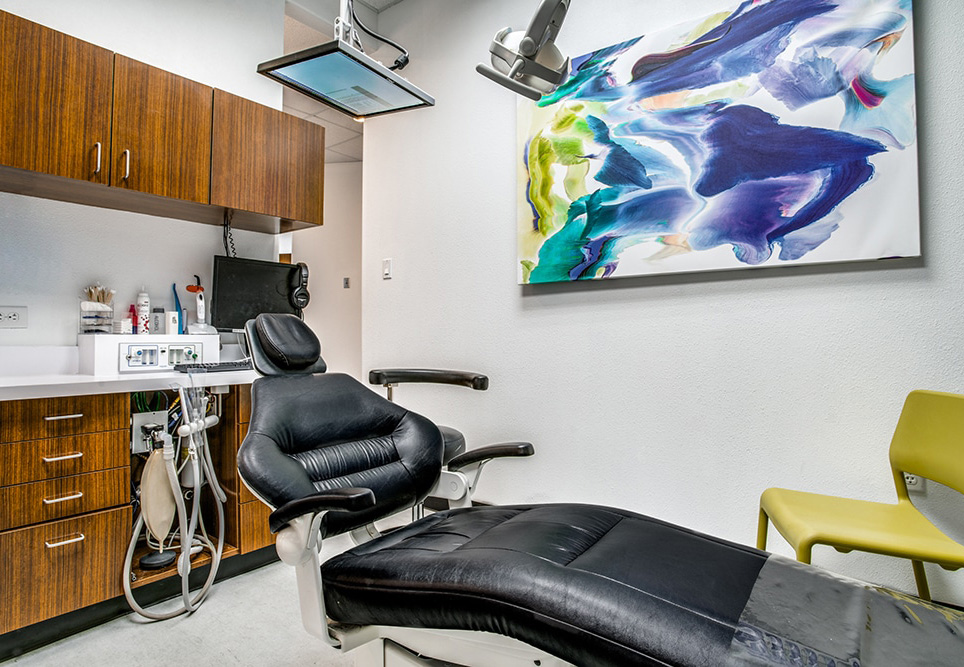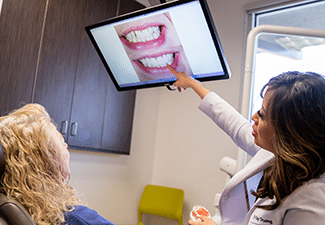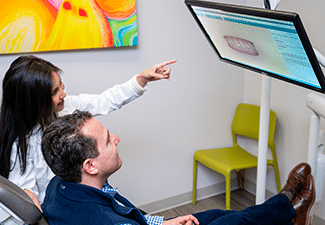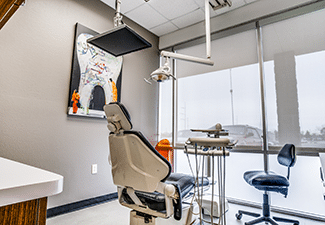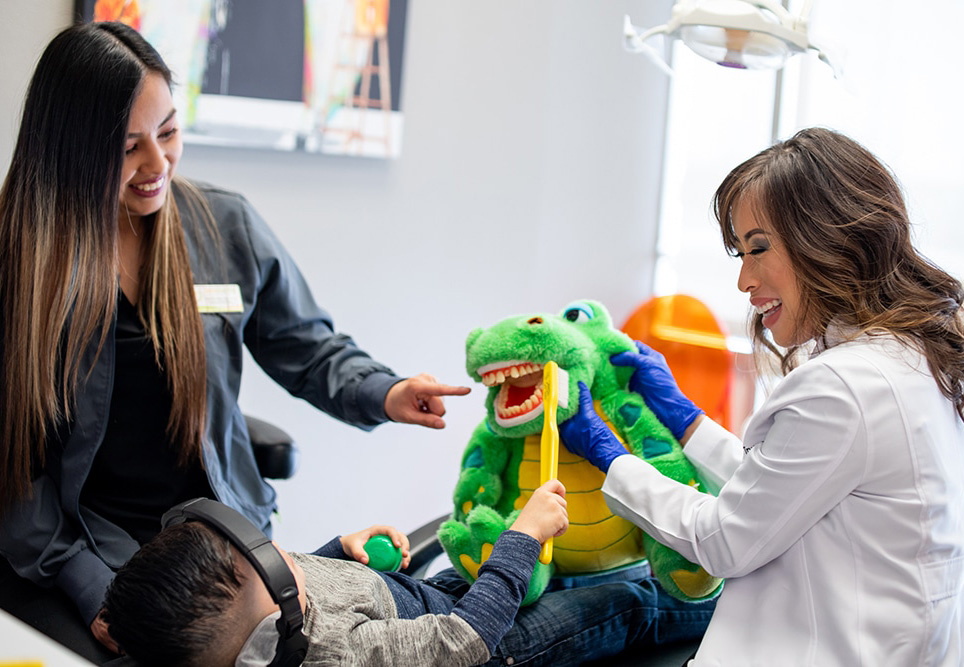
Did you know dental crowns protect and preserve your smile? Whether you suffer from advanced tooth decay or desire a cosmetic solution to a damaged or malformed tooth, dental crowns can improve your dental health. But what are dental crowns? How do they work? Do they look natural? In today’s blog, your Dallas dentist, Dr. Diep Truong, explains how our strong and esthetically pleasing dental crowns can safeguard your smile.
















